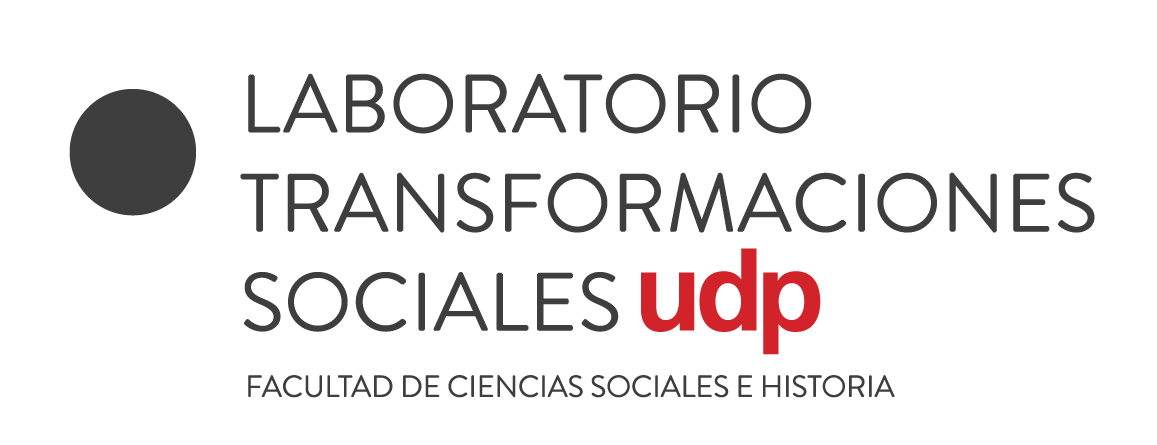Max Weber and the Empirical Historical Inquiry
DOI:
https://doi.org/10.32995/0719-64232018v4n7-61Keywords:
Max Weber, Methodology, Empirical sciences, Sociology, Historical sciencesAbstract
This contribution deals with Max Weber’s methodological reflections about the handling of empirical-historical data in social and cultural sciences. It stresses the common knowledge base of historical sciences and sociology as empirical sciences of human action. Sociology grasps human action more with general concepts, whereas history focuses on the “causal analysis and imputation of individual and culturally relevant actions, structures, and personalities” (Economy and Society). Weber captured reality by concepts and categories, as demonstrated at the example of his Sociology of Domination. The concept formation is open and dynamic, because it considers a changing empirical world.
Downloads
Published
How to Cite
Issue
Section
License
Copyright (c) 2018 Edith Hanke

This work is licensed under a Creative Commons Attribution-NoDerivatives 4.0 International License.

Este obra está bajo una licencia de Creative Commons Reconocimiento-NoComercial-CompartirIgual 4.0 Internacional.



